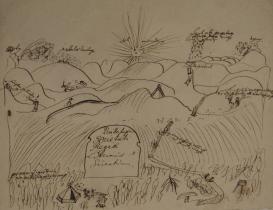I will use my stay at the Max Planck Institute for the History of Science to pursue two interrelated research projects. The first, in collaboration with Minakshi Menon, looks at the work of the Swedish naturalist Carl Linnaeus (1707–1778) with respect to its references to Rheede tot Drakenstein’s Hortus Malabaricus (1678–93), and especially the use of Mayalam names in Linnaeus’s major taxonomic works. In part, this can be explained by Linnaeus’s interest in accessing information on the natural habitats of plants as well as their medicinal and other uses. For the Hortus Malabaricus, however, a case can be made that it also transported certain taxonomic insights with the potential to subvert European conceptions of the natural order. The second project deals with Linnaeus’s more direct engagement with other knowledges, by looking at the diary of his Lapland journey (1732). The knowledge he gathered during this journey was generated “in transit” at intersections of diverse communities and was affected by frameworks of hospitality and hostility. In this project, I argue that important impulses for Linnaeus’s conception of an “economy of nature” came from indigenous sources, especially reindeer herders. Both projects thus argue that the European experience of other knowledges was not restricted to “useful” knowledge of particulars, but also led to some major conceptual transformations.

Drawing by Carl Linnaeus, illustrating various episodes from his Laplandic journey (1732). From the manuscript “Oeconomia Lapponica,” Linnean Society of London, Library and Archives. By kind permission of the Linnean Society of London, www.linnean.org
Project
Knowledge in Translation: Linnaeus and Other Knowledges
- Staffan Müller-Wille
